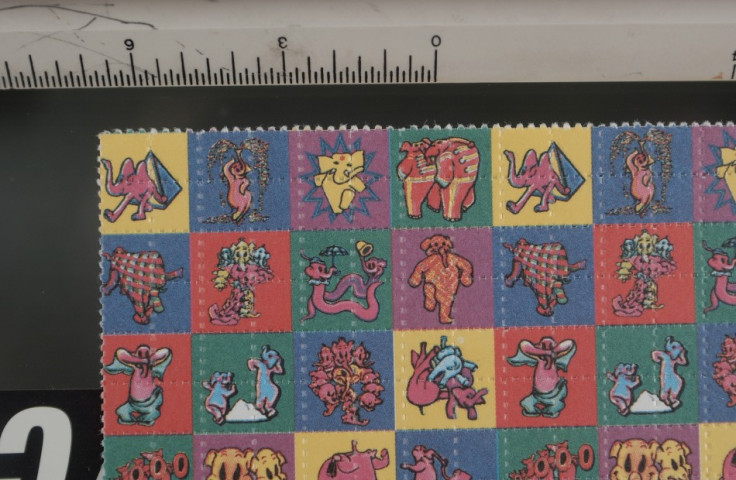Top psychiatrist James Rucker calls for LSD to be reclassified to make research easier

LSD and other psychedelic drugs are less harmful than claimed and should be reclassified to allow research, an expert has said.
James Rucker, a psychiatrist and honorary lecturer at the Institute of Psychiatry, Psychology and Neuroscience, King's College London, writing in the British Medical Journal, said that legal restrictions imposed on medical use of psychedelic drugs, such as LSD, are making trials almost impossible and authorities should "downgrade their unnecessarily restrictive class A, schedule 1 classification" This means they are classified as having "no accepted medical use and the greatest potential for harm, despite the research evidence to the contrary", said Rucker.
Rucker explained that many trials of psychedelics published before 1967 prohibition, in the 1950s and 1960s, suggested "beneficial change in many psychiatric disorders".
He pointed out that despite being more legally restricted than heroin and cocaine, there was no evidence to indicate "that psychedelic drugs are habit forming; little evidence indicates that they are harmful in controlled settings; and much historical evidence shows that they could have use in common psychiatric disorders".
Psychedelics could help advanced cancer, OCD, tobacco and alcohol addiction
Recent studies had, he wrote, suggested that psychedelics had "clinical efficacy in anxiety associated with advanced cancer, obsessive compulsive disorder, tobacco and alcohol addiction, and cluster headaches".
Larger clinical studies on psychedelics were made "almost impossible by the practical, financial and bureaucratic obstacles" imposed by their schedule 1 classification, he said. There was, he added, only one manufacturer in the world that produces psilocybin - the compound found in "magic" mushrooms - for trial purposes, and that came at a "prohibitive" cost of £100,000 for 1g (50 doses).
In the UK, to hold a schedule 1 drug, institutions require a £5,000 licence and only four hospitals currently hold such documents, which come with regular police or home office inspections.
This, he argues, "means that clinical research using psychedelics costs 5-10 times that of research into less restricted [but more harmful] drugs such as heroin."
As a result, "almost all grant funders are uncomfortable funding research into psychedelics," writes Rucker, while prohibition as a condition of UN membership is "arguably causing more harm than it prevents".
He urged the UK Advisory Council on the Misuse of Drugs and the 2016 UN General Assembly Special Session on Drugs, "to recommend that psychedelics be reclassified as schedule 2 compounds to enable a comprehensive, evidence based assessment of their therapeutic potential".
© Copyright IBTimes 2025. All rights reserved.





















